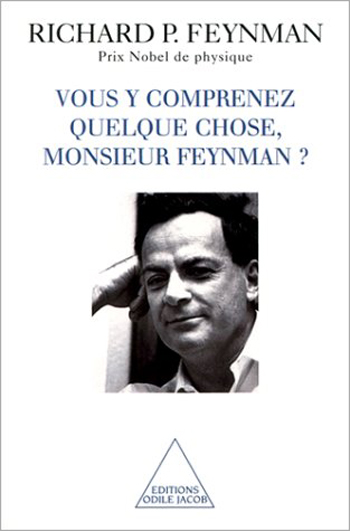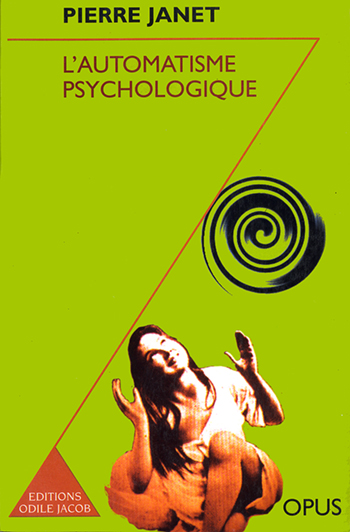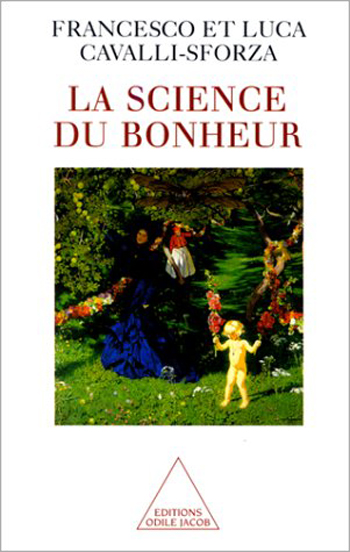Catalog All books
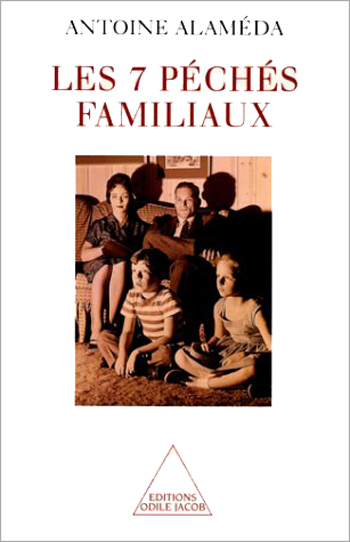
Antoine Alaméda
The 7 Domestic Sins
Based on clinical studies and his own long practice in the field, in this book Alameda shows how each family suffering from psychological problems can become its own best therapist, once it relearns to use the resources paralysed by history and modern culture. Far from being general, guilt-mongering, or infantilizing, Alameda's book concretely examines the seven situations that, today, are the most common reasons for seeking family therapy. Antoine Alameda is director at the Child and Adolescent Psychiatry Clinic at the Hospital of Toulon-la-Seyne.
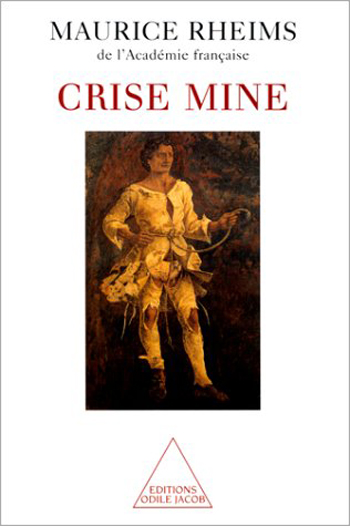
Maurice Rheims
crise mine
A well-known writer, art collector, academic, and sometime auctioneer reflects on life in our times and on the art of living well. In an age when it has become fashionable to lament a kind of society-wide depression, Rheims examines other periods of crisis and general malaise throughout history, and ends with a resounding affirmation of the power that curiosity, beauty, and art will continue to hold. Maurice Rheims is president of the Fondation de France's cultural development fund, and a member of the Académie française. He is the author of many essays, novels, and books on art.
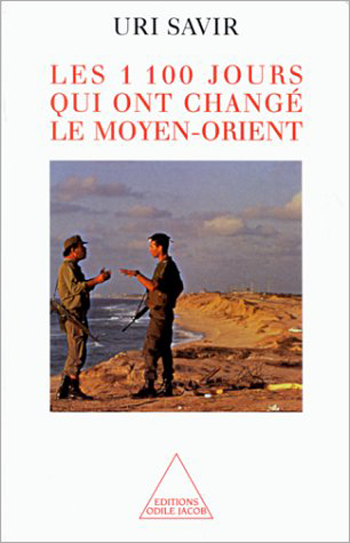
Uri Savir
The Process 1,100 Days that changed the Middle East
In The 1100 Days, Savir offers the reader a front-row view of the complex negotiations and the clash of interests between the opposing delegations. The author, who played a major role in the negotiations - along with Yitzhak Rabin and Shimon Peres - recounts the saga of one of the most significant political events of the late twentieth century. Numerous questions are still to be answered: How can the process of negotiation begun in Oslo be completed? What hopes are there for a peaceful solution? Uri Savir was secretary general of the Israeli Ministry of Foreign Affairs from 1993 to 1996. He now heads the Peres Institute for Peace.
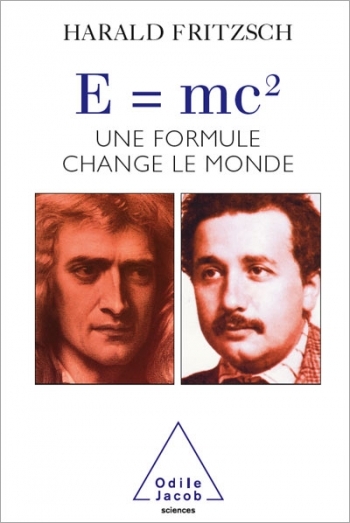
Harald Fritzsch
E=mc2 A Formula which Changes the World
An imagined account of a meeting between Einstein and Newton, described as a dream. It provides the occasion for a fascinating discussion between two scientific geniuses and a most effective way to be introduced to the mysteries of physics by those who have themselves revolutionised the field. Professor of physics at the University of Munich, Harald Fritzsch is also an associate professor at the CERN of Geneva, and at the California Institute of Technology of Pasadena, in California.
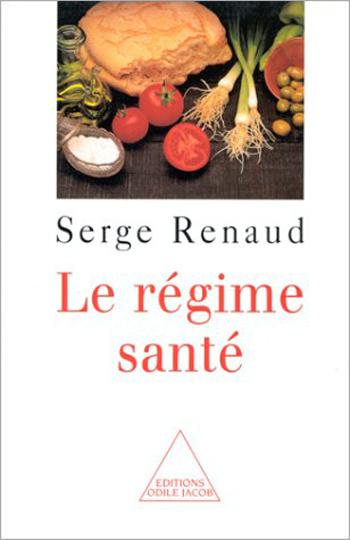
Serge Renaud
A Healthy Diet
It is possible to eat in a manner that reconciles the demands of staying slim, good health, and general well being - although the steady stream of unhealthy and sometimes dangerous slimming diets would tend to make us believe otherwise. The new health diet proposed here draws much from traditional Cretan eating habits - which seem to be responsible for the populations tenaciously long life. Crete has the highest life-expectancy rate, and its people have the lowest incidence in the western world of cardiovascular diseases, that scourge of the industrialised nations. Serge Renaud is the scientist who discovered that wine can play a role in protecting against cardiovascular diseases - a finding that has become known as the French paradox. After spending much of his career in the United States, he directed a research unit of INSERM (France) for twenty years.

